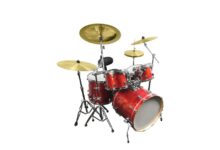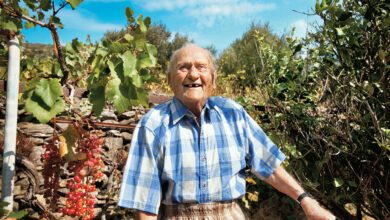What Language Do They Speak in Switzerland? Discover the Multilingual Nature of the Country

Switzerland has four official languages: German, French, Italian, and Romansh.
The Four National Languages Of Switzerland
The four national languages of Switzerland are German, French, Italian, and Romansh. Each language is spoken primarily in different regions of the country. German is the most widely spoken language in Switzerland, accounting for around 63% of the population. It is predominantly spoken in the central and eastern regions. French is the second most popular language and is mostly spoken in western Switzerland, particularly in the cantons of Geneva, Vaud, and Neuchâtel. Italian, on the other hand, is spoken predominantly in the southern part of Switzerland, including the canton of Ticino. Romansh is the least spoken language, with only a small percentage of the population using it primarily in the canton of Graubünden.
Language Demographics In Switzerland
Switzerland has four national languages: German, French, Italian, and Romansh. German is the most widely spoken language in the country, but French is also popular in western Switzerland. In addition to these four languages, English and Portuguese are also widely spoken.
Distribution Of Languages In Different Regions
| Regions | Languages Spoken |
|---|---|
| Western Switzerland | Swiss French |
| Germany-speaking regions | Swiss German |
| Ticino | Swiss Italian |
| Grison | Swiss Romansh |
| English and Portuguese |
Language Spoken At Home, School, And Work
Switzerland has four national languages: German, French, Italian, and Romansh. These languages are traditionally spoken in different regions of the country. German, Swiss German, Swiss French, Swiss Italian, and Swiss Romansh are spoken at home, depending on the region. At school, the language of instruction can vary based on the region as well. Swiss German, French, Italian, and Romansh are spoken at work, with Swiss German being the most widely spoken language at the workplace. Additionally, English is commonly spoken in Switzerland, especially in international business and tourism.
Other Languages Spoken In Switzerland
Switzerland is a multilingual country with four official languages – German, French, Italian, and Romansh. German is the most widely spoken language in the country, especially in the northern and central parts. French is predominantly spoken in the western regions, while Italian is primarily spoken in the southern parts of Switzerland. Romansh is the least spoken language and is mainly used in the southeastern region. In addition to these official languages, English and Portuguese are also widely spoken in Switzerland. English is commonly used in business, tourism, and international organizations, while Portuguese is spoken by a significant Portuguese-speaking community in the country.

Credit: en.wikipedia.org
Frequently Asked Questions Of What Language Do They Speak In Switzerland
What Language Is Mostly Spoken In Switzerland?
The most spoken languages in Switzerland are German, French, Italian, and Romansh.
Do They Speak English In Switzerland?
English is not one of the official languages of Switzerland, but it is widely spoken, especially in urban areas and among younger generations.
Why Does Switzerland Speak English?
Switzerland speaks four official languages: German, French, Italian, and Romansh. English is also widely spoken in addition to the national languages.
What Parts Of Switzerland Are German?
The German-speaking parts of Switzerland include the cantons of Zurich, Bern, Basel, and many others.
Conclusion
To answer the question of what language is spoken in Switzerland, it is important to note that Switzerland is a multilingual country with four official languages: German, French, Italian, and Romansh. These languages are traditionally spoken in different regions of the country.
Additionally, English and Portuguese are also widely spoken. While German is the most widely spoken language, the distribution of these languages depends on the region. Overall, Switzerland’s linguistic diversity reflects its cultural richness and adds to the unique experience of visiting or living in the country.










